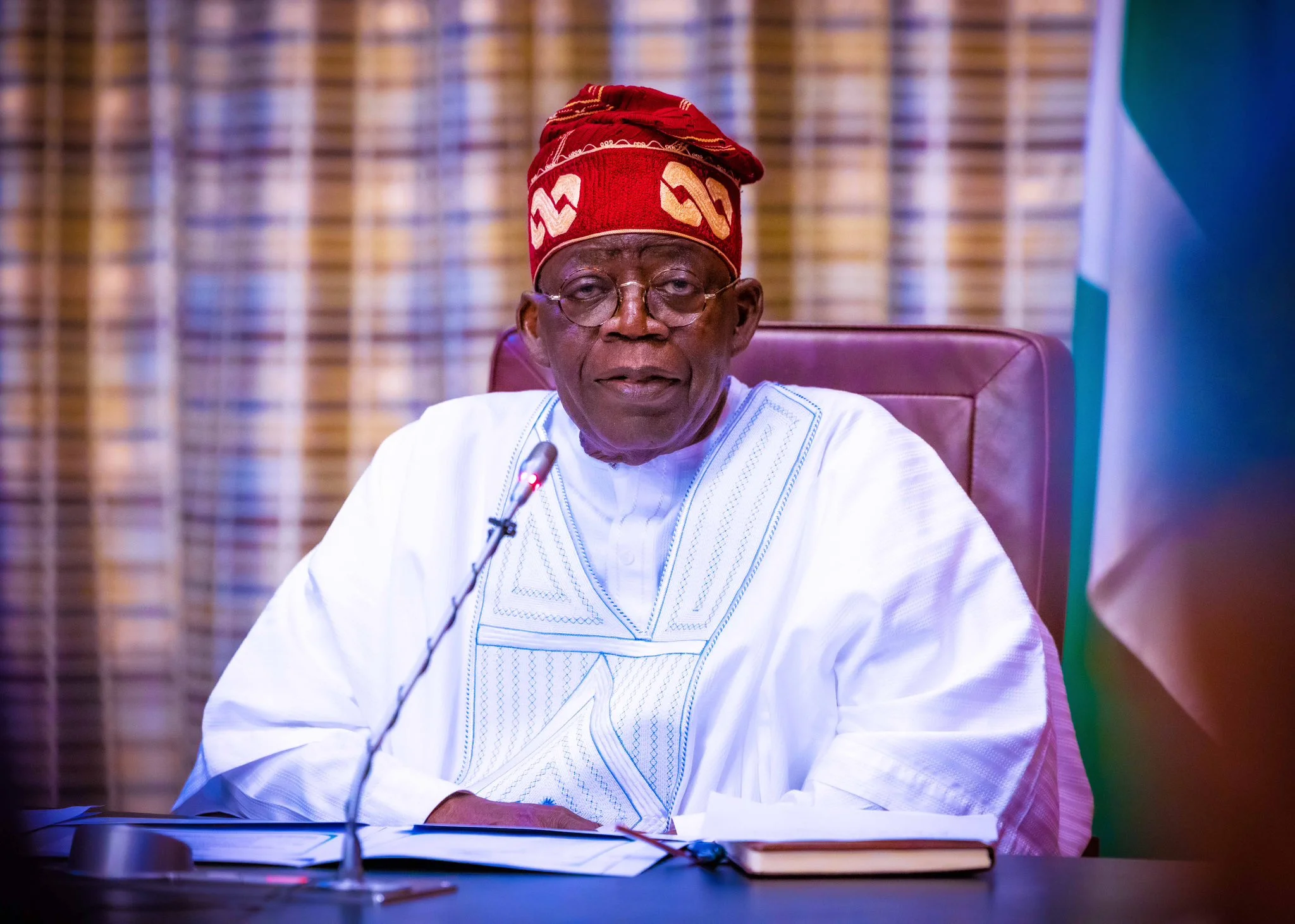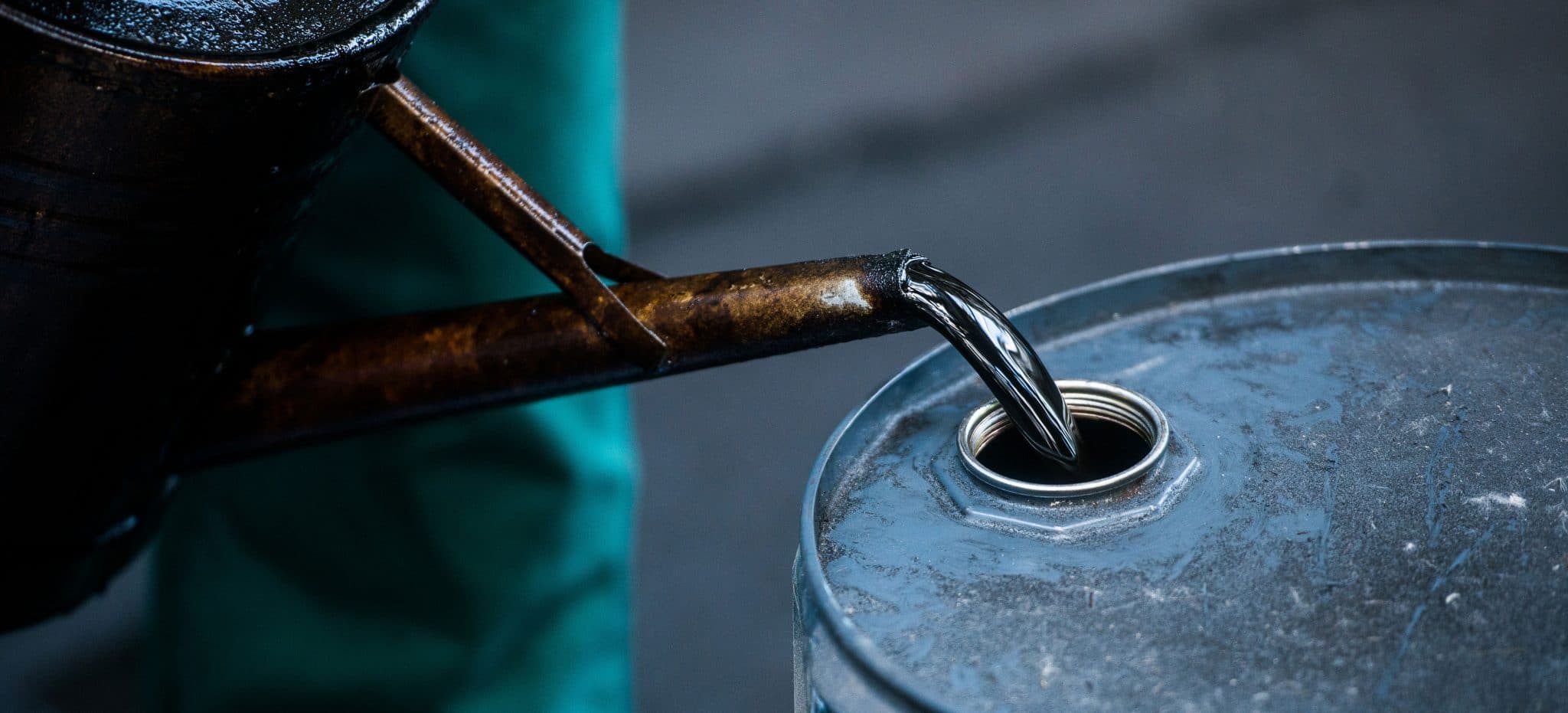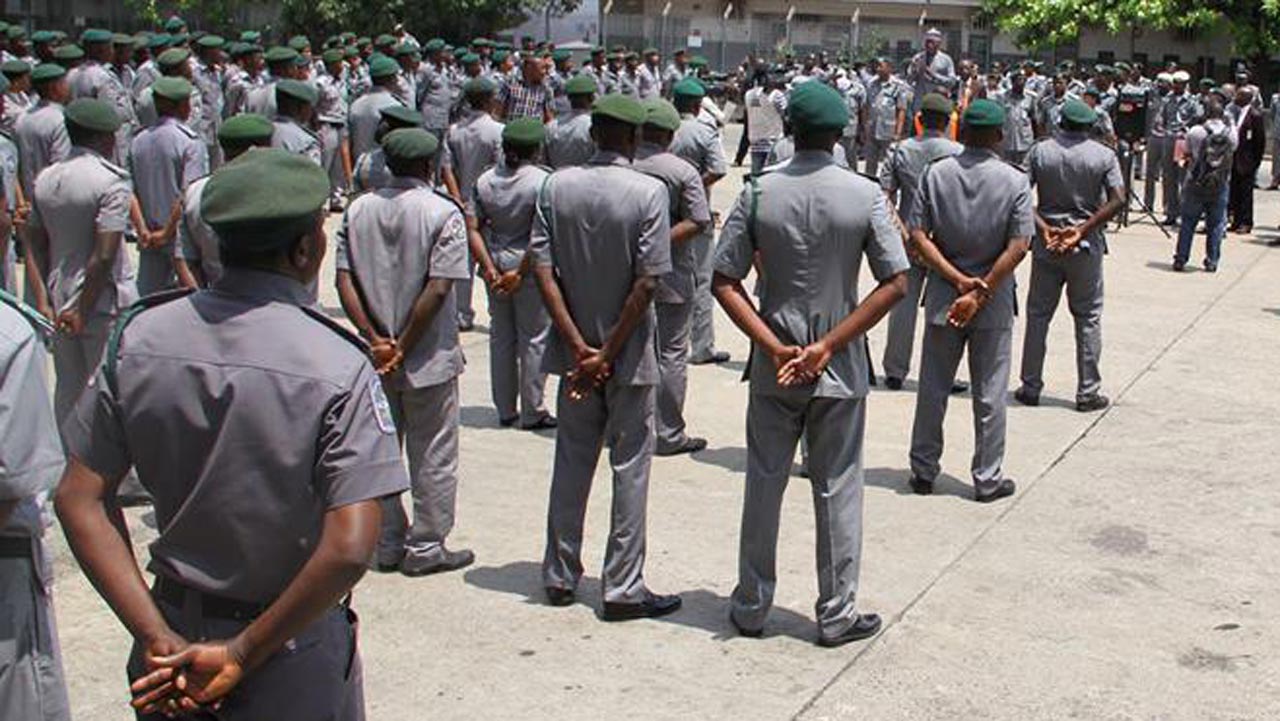Nigeria’s total capital importation fell by 36.45 per cent to $654.65 million in the third quarter of 2023 from $1,030.21 million in Q2 the same year.
The National Bureau of Statistics disclosed this in its recent data on Nigeria’s capital importation in Q3.
Still, NBS revealed that on a year-to-year basis, the country’s capital imports in Q3 fell by 43.55 per cent compared to the corresponding quarter in 2022, which stood at $1,159.67 million.
A breakdown of the capital importation data in Q3 2023 showed that other investments ranked top, accounting for 77.56 per cent ($507.77 million), followed by portfolio investment with 13.31 per cent ($87.11 million) and Foreign Direct Investment, FDI, with 9.13 per cent ($59.77 million).
On the sector that attracted the most capital importation in the period under review, the production/manufacturing sector recorded the highest inflow with $279.51 million, representing 42.70 per cent of total capital imported in the third quarter of 2023, followed by the finance sector, valued at $127.93 million (19.54 per cent), and shares with $85.49 million (13.06 per cent).
In terms of favourite location for capital importation, Lagos state remained the top destination in the third quarter of 2023 with $308.83 million, accounting for 47.18 per cent of total capital importation, followed by Abuja (FCT) with $194.66 million (29.73 per cent) and Abia State with $150.09 million (22.93 per cent).
Capital importation during the reference period originated mainly from the Netherlands with $175.62 million and a 26.83 per cent share recorded. Singapore followed with US$79.15 million (12.09 per cent) and the United States with US$67.04 million (10.24 per cent).
Nigeria’s capital importation fell by 36% to $654.65m in Q3 2023 – NBS



